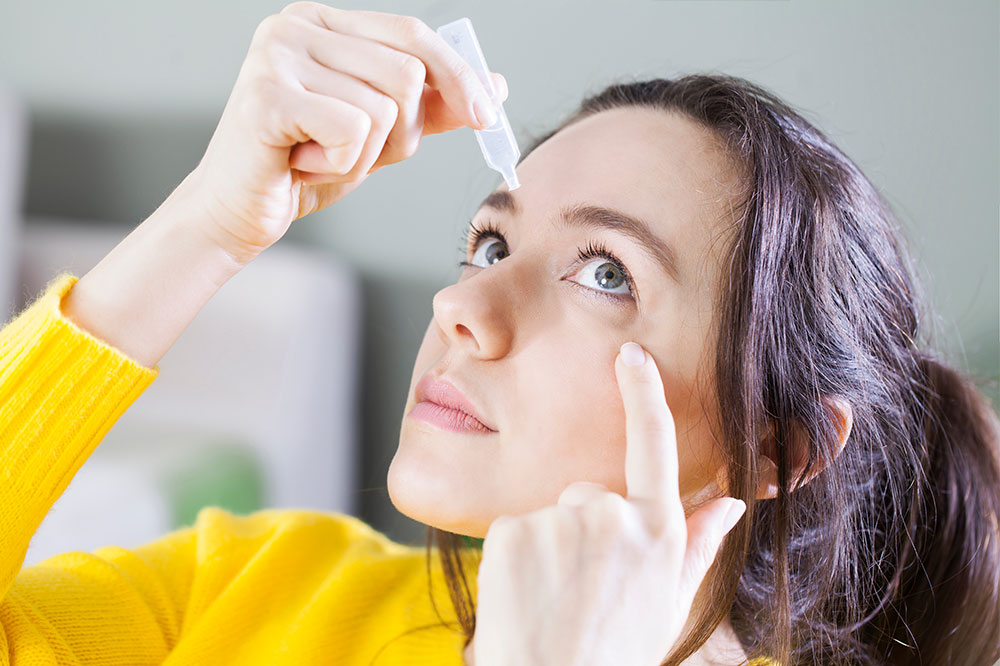
Complications and Causes of Dry Eyes
Dry eye syndrome is a common ailment wherein the eyes cannot produce enough tears for adequate lubrication, or the tears evaporate quickly, leading to dry and inflamed eyes. The severity of the symptoms can vary from one person to another, but the condition can aggravate and cause other issues if left untreated. This article discusses a few common complications of dry eyes.
1. Complications of dry eyes
- Ulceration of cornea
This complication of untreated or severe dry eyes causes an ulcer on the cornea. Dirt and debris can enter the eyes, and the tear glands usually produce tears that wash away the dirt. That said, in people with dry eyes, the glands cannot produce enough tears to wash away the particles. So, the debris tend to scratch the cornea’s surface, which can cause infections and bacteria and lead to ulcers. Medical intervention is required to treat these ulcers effectively. - Conjunctivitis
Inflammation of the conjunctiva (the transparent membrane that lines the eyelid) is termed conjunctivitis, and untreated dry eyes can lead to this complication. Most cases of conjunctivitis that occur due to dry eyes are not on the severe side, but some people may experience severe symptoms. So, it is advisable to consult a specialist to get it treated in time. - Eye infections
The tears or the lubrication from them ensures optimal eye health. A lack of adequate tears makes the eyes vulnerable to infections and can damage the surface of the eyes. If left untreated, severe dry eyes can lead to eye inflammation and even vision loss in severe cases. - Poor quality of life
Complications of dry eyes also include reduced quality of life. Dry eye syndrome can make it difficult for an individual to read with ease and comfort, and one may also face complexities like an inability to concentrate, sensitivity to bright light, and issues while driving at night. Chronic dry eye can also lead to blurry vision, which may gradually worsen if left untreated.
2. Causes of dry eyes
- Reduction in tear production
One of the most common causes of dry eyes is reduced tear production, which can occur due to growing age. Menopause can also increase the risk of dry eyes among women as it brings about hormonal changes in the body. Additionally, vitamin A deficiency and diabetes can affect tear production and lead to this condition. - Imbalanced tear mixture
The three layers of a tear film are oil, water, and mucin. Issues with any one of these can result in dry and inflamed eyes.
Dry eyes can affect everyone, so it’s best to keep an eye out for the signs and seek timely treatment to prevent any complications.


